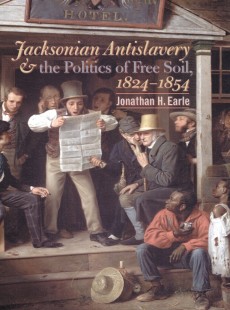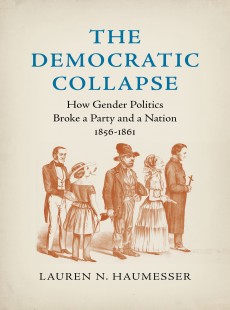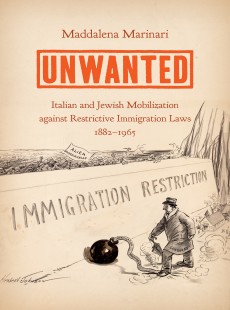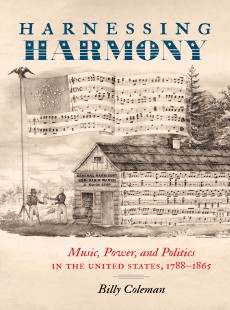
Jacksonian Antislavery and the Politics of Free Soil, 1824-1854
Jonathan H. Earle
 Publisher: University of North Carolina Press
Publisher: University of North Carolina Press
Imprint: The University of North Carolina Press
Published: 10/2005
Pages: 296
Subject: Political Science, History
| University of North Carolina
Print ISBN: 9.78E+12
eBook ISBN: 9780807875773
DESCRIPTION
Democratic free soilers' views on race occupied a wide spectrum, but they were able to fashion new and vital arguments against slavery and its expansion based on the party's long-standing commitment to egalitarianism and hostility to centralized power. Linking their antislavery stance to a land-reform agenda that pressed for free land for poor settlers in addition to land free of slavery, Free Soil Democrats forced major political realignments in New York, New Hampshire, Massachusetts, and Ohio. Democratic politicians such as David Wilmot, Marcus Morton, John Parker Hale, and even former president Martin Van Buren were transformed into antislavery leaders. As Earle shows, these political changes at the local, state, and national levels greatly intensified the looming sectional crisis and paved the way for the Civil War.
RELATED TITLES










